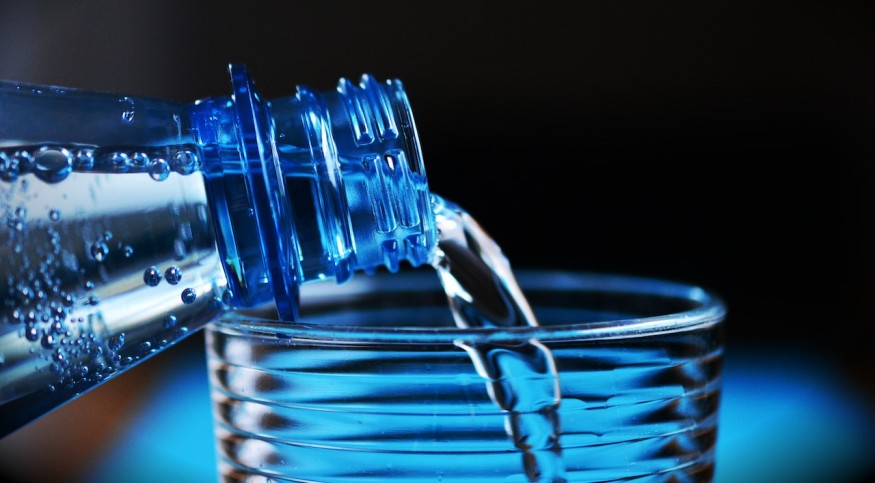
Water is the most abundant natural resource on Earth and is very essential for the existence of life. In our modern times, it can be found sold in plastic bottles which, surprisingly, come with expiration dates.
Does Water Expire?
Most of the manufactured bottled water shows an expiration date printed on the plastic packaging. This can be misleading and may cause a person to wonder if the water is still safe to drink after the expiration date has passed.
Regular tap water can develop a stale taste over time as the carbon dioxide in the air mixes with water and makes it slightly more acidic. Although tap water can have an off taste, it is still generally considered safe to drink for up to 6 months as long as it is properly stored.
The U.S. Food and Drug Administration (FDA) has determined that commercially bottled water does not have a shelf life. These products come from sanitary facilities subject to regular inspections and do not contain additives that can speed up spoilage.
In the U.S., New Jersey became the first and only state to pass a legislation which requires all food products, including bottled water, to have an expiration date of two years or less from its manufacturing date. When this law was passed in 1987, printed expiration date has become a standard for the manufacturers of bottled water across the country. Since there is no scientific basis to support the need for expiration dates, this law was later changed. Today, there is no current policy in the U.S. requiring manufacturers to print an expiration date on bottled water.
Although expiration dates are not required by FDA anymore, there are still some manufacturers who choose to include them. It is not so much for safety reason, but they include the expiration dates to identify the batch date and to make sure that their product has the best quality. In short, drinking it before the expiration date can help a person enjoy the best-tasting water.
Shelf Life of Bottled Water
Although water itself does not expire, there are some health concerns associated with its plastic bottles. Commercial bottled water is typically stored in polyethylene terephthalate (PET) which, over time, can be exposed to excessive heat and start leaching into the water. As a result, the water can be contaminated with harmful chemicals like microplastics, antimony, and bisphenol A (BPA).
If the synthetic plastics are ingested regularly, they can slowly accumulate in the body and damage the immune, digestive, and respiratory systems. To avoid these health risks, it is recommended to consume the contents of a bottled water within two days of opening. If the water bottle does not have expiration date, it is best to drink it before it hits the two-year mark.
Meanwhile, a packed bottled water is good to drink by the expiration date set by the manufacturer. If they need to be kept for longer periods of time, they need to be stored properly in a cool and dry location away from direct sunlight.
RELATED ARTICLE : Drinking from Plastic Bottles Could Make Us Ingest Nearly 100,000 Micro and Nanoplastics Every Year
Check out more news and information on Water in Science Times.
© 2025 ScienceTimes.com All rights reserved. Do not reproduce without permission. The window to the world of Science Times.












